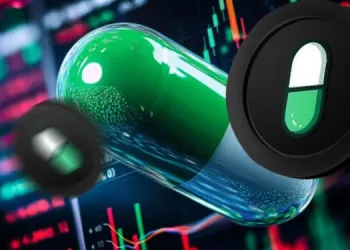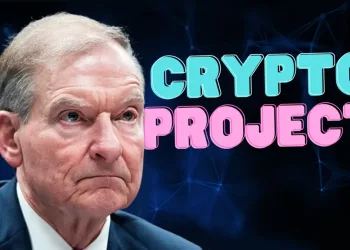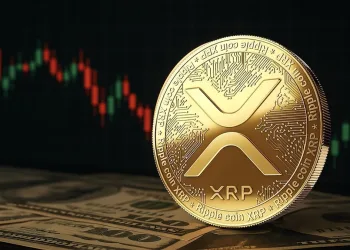- MEME Act aims to ban digital asset profiteering by top U.S. officials and families.
- $TRUMP coin controversy sparks concerns over foreign influence and opaque funding sources.
- Exclusive $TRUMP perks for elite holders raise red flags over political access-for-sale.
In a bold legislative move targeting what he calls “the most blatant example of presidential corruption,” Senator Chris Murphy (D-Conn.) has introduced the MEME Act. The proposed legislation short for Modern Emoluments and Malfeasance Enforcement seeks to bar sitting presidents, members of Congress, and top federal officials from issuing or profiting from meme coins and other digital assets. This action follows widespread backlash over former President Donald Trump’s alleged use of a meme coin to generate personal wealth and political influence.
Today I’m introducing a bill – the MEME Act – to ban a President or Member of Congress from issuing a meme coin.
— Chris Murphy 🟧 (@ChrisMurphyCT) May 6, 2025
The Trump Coin is the biggest corruption scandal in the history of the White House. @RepLiccardo and I are determined to put an end to this corruption – for good. pic.twitter.com/nQL9ZfIYYV
The controversy stems from the launch of the $TRUMP coin on January 17th, just days before Trump’s inauguration. Originally valued at mere cents, the digital asset skyrocketed in price, briefly elevating Trump’s net worth by billions.
Trading activity around the coin continues to generate significant fees, reportedly over $100 million for Trump and his family. Each transaction enriches them further, with no oversight on who is actually buying the coin. Consequently, national security experts have voiced concerns about foreign actors including Russian and Saudi elites potentially using the token to buy political access.
Surge in Value, A Storm of Allegations
Senator Murphy and Representative Sam Liccardo (D-Calif.-16), who introduced the companion bill in the House, cite troubling events that followed. Trump’s team announced that the top 220 coin holders would be invited to an exclusive White House dinner. Moreover, the top 25 investors would receive a private tour of the residence.
This announcement alone caused a 50% spike in the coin’s value, pushing its total market cap to $2.7 billion. In the two days after the event was promoted, trading fees brought in nearly $900,000.
These actions, Murphy argues, represent a direct pipeline for wealthy individuals to funnel money to the president under the guise of digital speculation. Besides violating ethical boundaries, the practice risks opening the doors to foreign influence at the highest levels of government.














